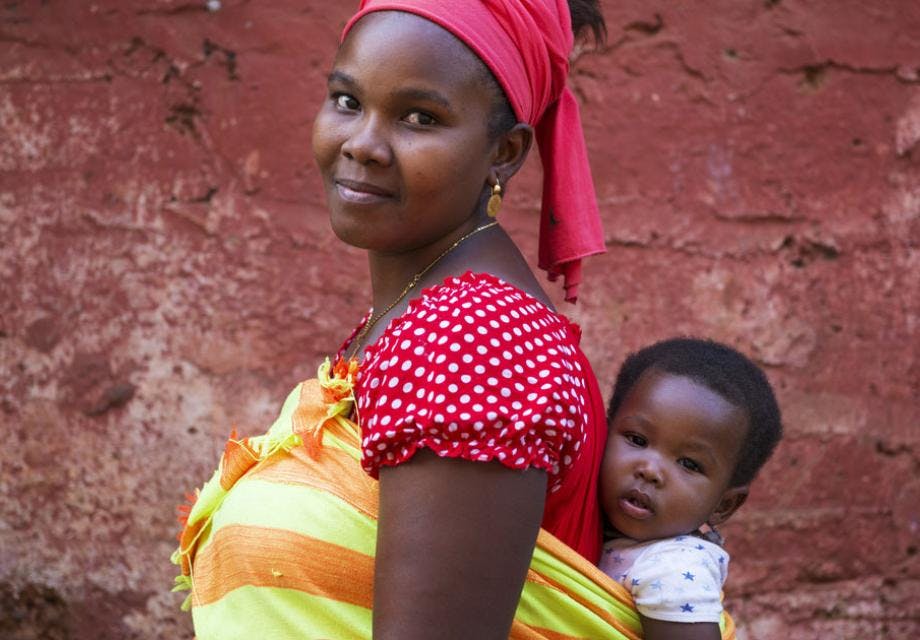‘No benefit’ in giving HIV-exposed babies co-trimoxazole, study finds
Caitlin Mahon
22 December 2019
South African study finds co-trimoxazole did not increase protection against pneumonia or diarrhoea among HIV-exposed infants in their first year of life. But in Malaria-ridden areas, there is still a case.
A study investigating the benefits of co-trimoxazole, an antibiotic used to prevent malarial and bacterial infections among HIV-exposed babies, has found it does not reduce the incidence of common yet potentially life-threatening illnesses during the first 12 months of life.
World Health Organization guidelines currently recommend that all babies born to women living with HIV be given co-trimoxazole from four to six weeks after birth, and should continue taking it unless they are diagnosed as HIV-negative.
However, this guideline was issued at a time when poor access to effective antiretroviral treatment (ART) for pregnant women living with HIV resulted in much higher rates of vertical HIV transmission. The recommendation was also made based on a single trial, which found co-trimoxazole protected HIV-positive infants against pneumonia.
Studies since then have found co-trimoxazole to protect HIV-exposed, HIV-negative babies to malaria, but further evidence on its power to protect this population group against pneumonia, diarrhoea and other common childhood illnesses has been inconclusive. In addition, there is growing evidence that the use of antibiotics in newborns can disrupt the positive affect of breastfeeding on an infant’s developing immune system, which can then increase the risk of conditions such as diabetes and obesity.
Prevention of mother-to-child transmission (PMTCT) programmes have translated into far fewer infants getting HIV, and early infant diagnosis has made it possible for infants with HIV to be diagnosed quickly. Because of this, there is a question over whether it is necessary to provide an antibiotic that may not have many benefits to HIV-negative children exposed to HIV. Particularly when they may counteract the benefits of breastfeeding and is also costly to health systems.
The study took place between 2013 and 2018 and involved 1,220 HIV-negative breastfeeding infants born to HIV-positive women on antiretroviral treatment in Durban, South Africa. The country’s current policy is to provide co-trimoxazole to all babies born to women living with HIV, regardless of their HIV status.
All infants in the study were enrolled at six weeks. Half then received daily co-trimoxazole and half did not. Examining each baby at 10 weeks and 14 weeks, then monthly from 4 to 12 months, researchers found co-trimoxazole did not lead to increased protection against pneumonia or diarrhoea, nor did it affect the death rate during the first 12 months of life.
During the research, four infants in each group acquired HIV, of whom six continued with the study. Overall, around 20% of infants, roughly half in each group, did not participate for the full 12 months of the study so were excluded from the final analysis.
These findings suggest that, if HIV-positive women are accessing an effective PMTCT programme and their baby is HIV-negative, not giving co-trimoxazole to their infants while breastfeeding may be acceptable.
However, given current evidence on co-trimoxazole’s ability to protect against malaria, HIV-exposed infants born in areas where malaria is prevalent should still receive the treatment. These findings provide compelling evidence for WHO to consider, and may result in a revision of current co-trimoxazole guidelines.
Get our news and blogs by email
Keep up-to-date with all our latest news stories and blogs by signing up to the Be in the KNOW news digest.
